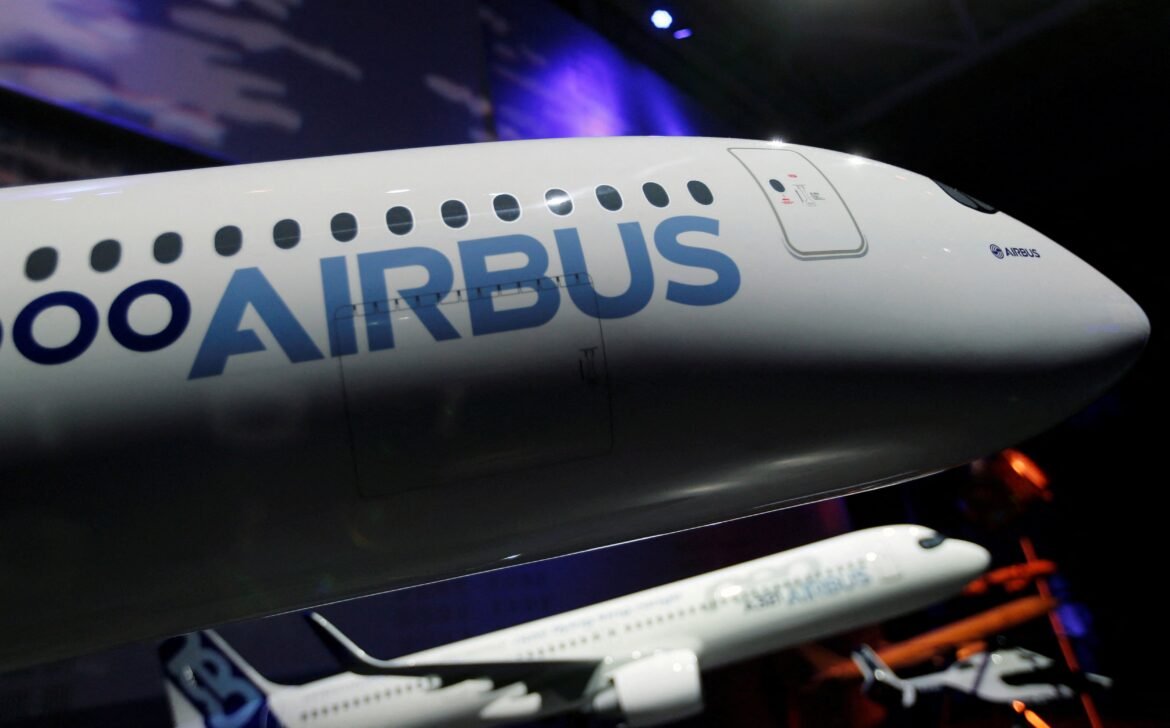The aerospace industry finds itself navigating a complex trade landscape as the European Union considers its response to tariffs imposed by the United States under former President Donald Trump. On Thursday, an Airbus-led industry body urged the EU to take retaliatory action, raising concerns among airlines and suppliers about potential cost hikes and disruptions ahead of the peak summer travel season.
The tariffs, which target a wide range of aviation components—including aircraft, engines, spare parts, and landing gear—have heightened uncertainty in an industry already grappling with supply chain constraints and economic pressures. European airlines, in particular, fear that retaliatory measures from Brussels could further escalate costs, ultimately leading to higher fares for passengers.
One of Europe’s largest airlines has already warned that the ongoing trade tensions could have a direct impact on ticket prices, as increased costs for aircraft maintenance and procurement would likely be passed on to consumers. Industry analysts suggest that a prolonged trade dispute could not only disrupt aircraft deliveries but also strain relations between key transatlantic aviation players.
Airbus, the European aerospace giant at the center of the dispute, has been vocal about the need for the EU to respond decisively. However, with airlines still recovering from pandemic-induced financial setbacks and supply chain issues continuing to delay aircraft production, many within the industry are urging caution. Any aggressive countermeasures could risk further complicating an already fragile global supply chain.
As Brussels weighs its options, the aerospace sector remains on high alert, watching closely to see how trade negotiations unfold. With summer travel demand expected to surge, airlines and manufacturers alike are hoping for a resolution that avoids further economic strain and ensures stability in a sector critical to global connectivity and economic growth.

